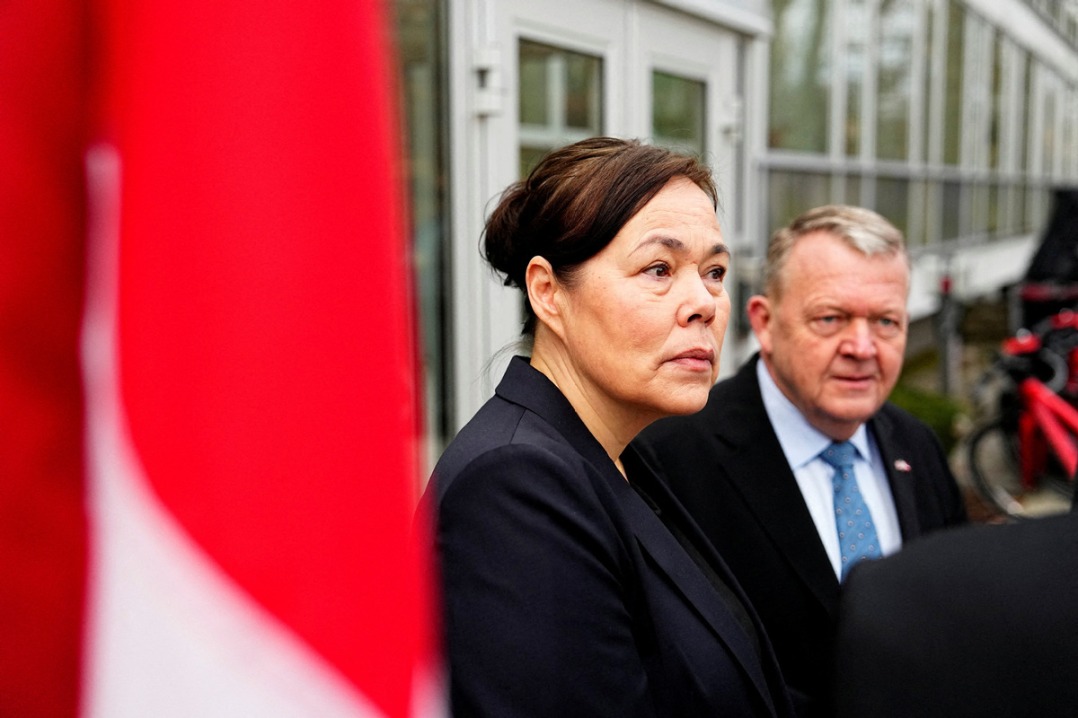Major German chain to shut down more stores


Germany's last major department store chain intends to shut 40 percent of its remaining branches, only months after it applied for insolvency for the second time in three years amid worsening customer numbers as a result of inflation.
The Galeria Karstadt Kaufhof chain, which currently employs around 17,400 people across 97 German towns and cities, plans to close 52 of its current 129 stores, putting more than 4,000 jobs on the line, a statement from the company's employee council said on Monday.
It said the retailer is planning the closures in two phases, with the first at the end of June and the rest at the end of January, and described the plans as a "bleak day" for staff.
Rental prices, the condition of buildings, a lack of investment, and a fall in consumer spending were among reasons for the proposed closures, according to the council.
It is not known which stores will be affected, though the council said about 4,000 store employees will lose their jobs, and that another 300 will go at the company's headquarters in Essen and in other areas such as IT and facility management.
The long-troubled company, one of Europe's largest and oldest department store chains, first filed for insolvency during the first lockdown of the COVID-19 pandemic in April 2020, reported the Deutsche Welle news service.
Since then, 40 stores have been closed, with around 4,000 staff losing their jobs, despite the company twice receiving state support totaling 680 million euros ($725 million) from the government's Economic Stabilization Fund.
In January last year, the company, the result of a 2018 merger between then-rival stores Kaufhof and Karstadt, applied for and received 220 million euros of government financial aid, reported German retail news website WWD.
This was in addition to the 460-million-euro loan the business had already received from the German government, due to difficulties during the pandemic.
In October, the retailer's management said it was terminating a previously agreed deal it had made with union representatives, claiming difficult times called for radical restructuring.
WWD reported that around this time, managers started to campaign for more financial help from politicians, citing a downturn in consumer sentiment, high inflation and rising energy prices.
After a board meeting at the end of October, the company said it would file for insolvency again.
In a letter to employees in November, the group's chief executive Miguel Mullenbach explained that the company needed to divest itself of branches that, due to rising inflation and energy costs, "would no longer be able to operate profitably in the near future". He said this was the only way to avoid the group's total financial collapse.
The inflation rate in Germany, measured as the year-on-year change in the consumer price index, remains at a high level, with the latest figures from Destatis, the federal statistics office, showing it at 8.7 percent.

































